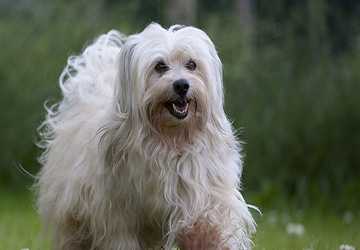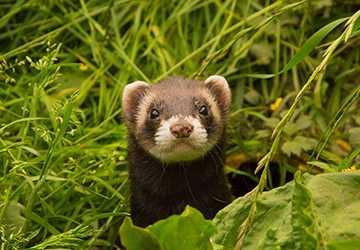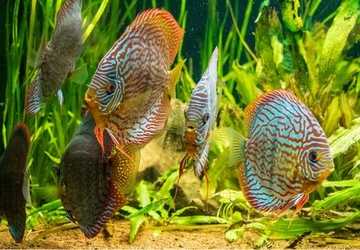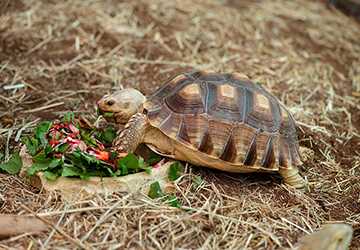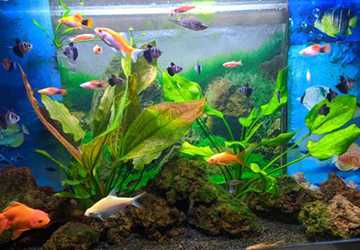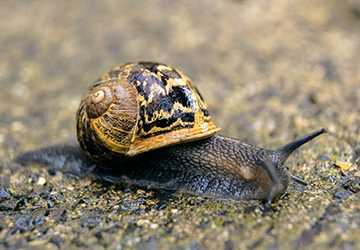Owning a pet bird can be a delightful and rewarding experience, but it comes with the responsibility of maintaining a clean and odor-free living environment for your feathered friend. A clean cage is essential for your bird's health, happiness, and overall well-being. In this article, we'll explore practical tips and strategies to help you keep your bird's cage sparkling clean and free from unpleasant odors. By following these guidelines, you'll create a healthier and more enjoyable environment for both you and your avian companion.
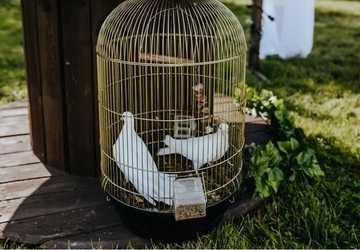
Choose the Right Cage
Before diving into cleaning tips, it's crucial to start with the right cage. The cage should be appropriately sized, easy to clean, and made of safe, non-toxic materials. Opt for stainless steel or powder-coated cages, as they are durable and simple to maintain. Check that the enclosure features horizontal bars to deter climbing and a removable tray at the base for easy cleaning.
Regular Cleaning Schedule
Maintaining a spotless and fresh birdcage hinges on regularity. Set up a consistent cleaning timetable and stick to it. A daily routine involving small chores and a more thorough weekly cleaning will ensure your bird's enclosure remains in excellent shape.
Daily tasks: Take out any leftover food, waste, and dirty bedding from the enclosure. Wipe down perches and toys with a damp cloth. Replace dirty water and food dishes with clean ones. This will help prevent the buildup of dirt and odor.
Weekly deep cleaning: Once a week, dedicate some time to a thorough cleaning of the entire cage. Remove your bird and place it in a safe area. Dismantle the enclosure and cleanse all components, including perches and playthings, using mild, soapy water. Rinse them thoroughly and let them air dry before reassembling the cage.
Replace the substrate at the bottom of the cage and wash the cage's bars and wire mesh. This weekly deep cleaning will prevent long-term odors and the growth of harmful bacteria.
Use Bird-Safe Cleaning Products
Cleaning your feathered friend's cage demands special attention to safety. It's vital to steer clear of harsh, potentially harmful cleaning agents such as bleach or ammonia-based products, as their fumes can jeopardize your bird's well-being. Instead, go the bird-safe route with a solution as simple as water and vinegar. Mix equal parts of these two ingredients in a spray bottle, and you have a natural, non-toxic cleaning remedy at your disposal. This combination effectively tackles stains, disinfects, and leaves a refreshing scent, all without any danger to your beloved pet.
Pay Attention to Perches and Toys
Perches and toys are two areas that your bird frequently interacts with, and they can harbor dirt and odor if not cleaned regularly. Check these items during your daily cleaning routine and wipe them down as needed. Wooden perches, in particular, can develop a layer of droppings and grime, so give them extra attention.
Cage Liners and Substrate
The substrate you use at the bottom of the cage plays a significant role in managing odors and cleanliness. There are various options available, such as newspapers, paper towels, or commercially available cage liners. Consider your bird's comfort and safety when choosing a substrate. Some birds prefer to shred and play with their cage lining, while others may be content with a simple, easy-to-replace option.
Control Food and Water Spills
Birds are notorious for throwing food and water around, which can quickly lead to a messy and odorous cage. To minimize this issue, choose spill-resistant food and water dishes designed for bird cages. Additionally, monitor your bird's eating habits and adjust the quantity of food and water accordingly. This will not only reduce mess but also help with your bird's overall health and weight management.
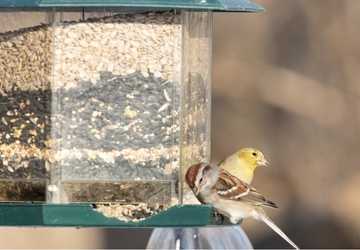
Ventilation Is Key
Proper ventilation is crucial for maintaining a fresh-smelling birdcage. Ensure that your bird's living space is located in a well-ventilated area, but avoid placing it in drafty spots, as birds are sensitive to temperature changes. Natural ventilation helps disperse odors and maintain air quality. If you're concerned about odors, consider using an air purifier with a HEPA filter to improve air quality in the room.
Be Mindful of Diet
A bird's diet can significantly impact the odor of its droppings. By providing a balanced, nutritious diet, you can reduce the unpleasant smell of their waste. Seek advice from a veterinarian or a knowledgeable avian specialist to ascertain the most suitable diet for your particular bird species. Fresh fruits, vegetables, and high-quality pellets should be a part of their daily meals. Reducing fatty and spicy foods can help mitigate odor issues.
Maintain Good Hygiene
Similar to any companion animal, birds need consistent grooming to ensure they remain fresh and free from odors. Some birds, like parrots, love to bathe. Provide your bird with a small dish of water for them to splash around in. Others may enjoy mist baths, which can be administered with a spray bottle. Clean feathers and healthy skin will help your bird stay fresh and reduce odors associated with feathers and dander.
Monitor Health and Hygiene
Keep a close eye on your bird's overall health and hygiene. Any sudden changes in behavior, appearance, or droppings can be signs of illness. A sick bird may have changes in the color, consistency, or odor of its droppings. In case you spot anything out of the ordinary, seek immediate advice from a veterinarian with expertise in bird care. Maintaining your bird's health is essential for keeping the cage clean and odor-free
Conclusion
Keeping your bird's cage clean and odor-free is an essential part of responsible pet ownership. A well-maintained living environment not only benefits your bird's health but also enhances the overall quality of life for both you and your feathered companion. By following a regular cleaning schedule, using safe and bird-friendly cleaning products, and paying attention to your bird's needs, you can ensure that your bird's cage remains a fresh and pleasant place to live. Remember that a happy and healthy bird is a joy to be around, and a clean cage is a vital part of that equation.






